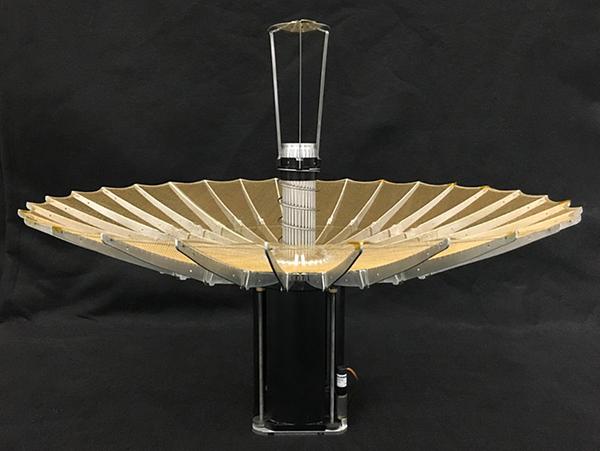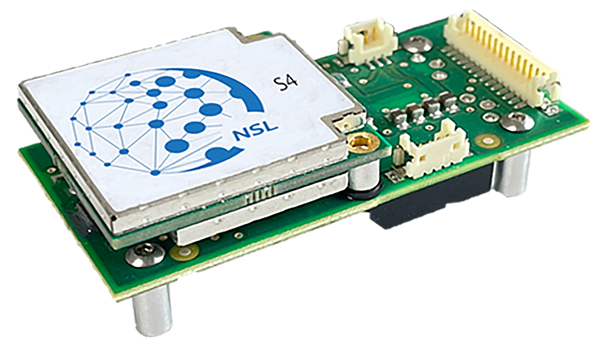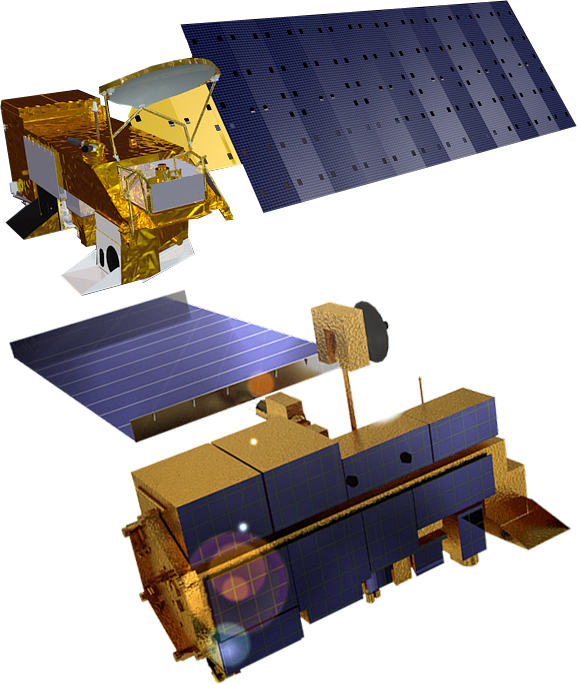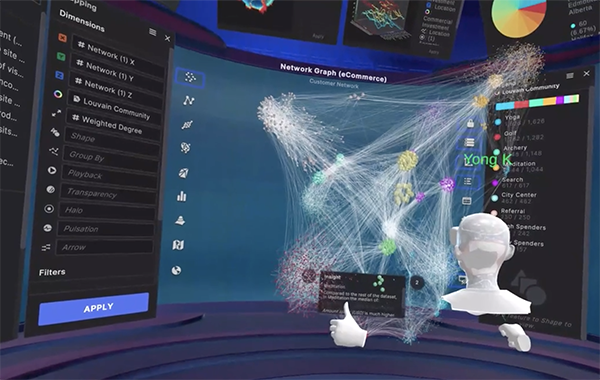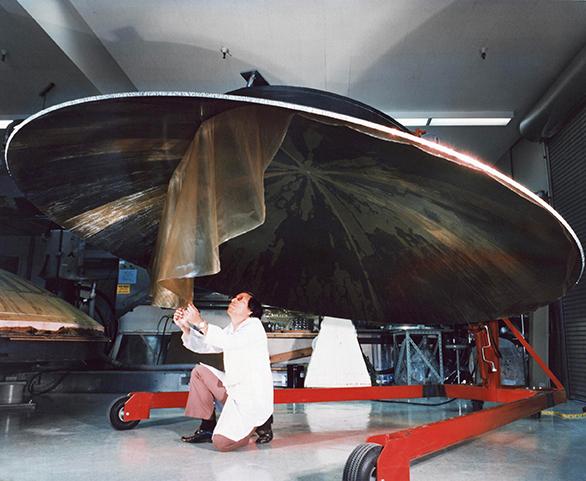
Business is Beaming
It's a bird! It's a plane! It's your Internet network?! An innovative service provider of metro gigabit IP connectivity, has developed a point-to-multipoint solution to solve the Internet last-mile bottleneck barrier. Terabeam, of Seattle, Washington, has developed a Fiberless Optical™ Network that transmits broadband data from office buildings to the nation's wide-area networks (WANs), without digging up the streets.
A key component of Terabeam's Fiberless Network is Large Aperture Holographic Optic technology, developed by Ralcon Development Lab, of Paradise, Utah. Ralcon developed the Holographic Optical Element (HOE) technology with assistance from a NASA Goddard Space Flight Center Small Business Innovation Research (SBIR) contract. Terabeam further developed the HOE technology and incorporated it into its Fiberless Optical Network--sending an immeasurable amount of information soaring overhead.
Data on the Internet is sent at rapid speeds over thousands of miles on long-haul networks before reaching its final destination. When the data reaches its urban termination point, it must pass through a final mile to reach the customer site. The track that carries the data over this last leg of its journey is usually composed of copper and is low in bandwidth, resulting in an information back-up, or last-mile bottleneck. Efforts to solve this problem use existing fiber-optic cable leads. However, installing new or additional fiber-optic leads would require costly construction permits, street trenching and traffic disruption.
To combat this problem, Terabeam developed its Fiberless Optical Network using a proprietary HOE to transmit data. The unit is mounted near an office window and has the ability to beam safe, low-power, invisible data through the air at gigabits-per-second speeds to anywhere in the service area. Gigabits-per-second speeds are thousands of times faster than the speeds of current broadband transmissions. This allows businesses to connect to local-area networks (LANs) as well as WANs, in a quick and affordable manner. The Fiberless Optical Network is cost effective because it does not require a licensed spectrum, or any of the other costly and time consuming procedures associated with other network set-ups, such as laying fiber-optic cable and prolonged deployment time.
It is projected that the broadband Internet access market will be $33 billion by 2003. Realizing the potential of Terabeam's technology, Lucent Technologies joined forces with Terabeam to develop and deploy this revolutionary system. Periodically, technology is developed that has the power to significantly change the landscape, said Rich McGinn, chairman and CEO, Lucent Technologies. He added, Terabeam's Fiberless Optical Network system is such a disruptive technology. We are pleased to be working with Terabeam to help them bring their gigabit-speed Internet access to customers.
One investment company chose Terabeam's connectivity network because they needed to move large data files between their West Coast locations. Terabeam's network provided their business with high-speed data access that was installed in a matter of weeks, instead of months. In an effort to maintain the highest quality service, the Four Seasons Olympic Hotel, Seattle, Washington, chose to provide guests with this cutting edge network to allow them to connect to their offices or the Internet at speeds 2,000 times faster than the typical hotel dial-up connections. Terabeam has provided its Fiberless Optical Network service to a variety of businesses and plans to continue its efforts to revolutionize the broadband service industry.
Fiberless Optical™ Network is a trademark of Terabeam.
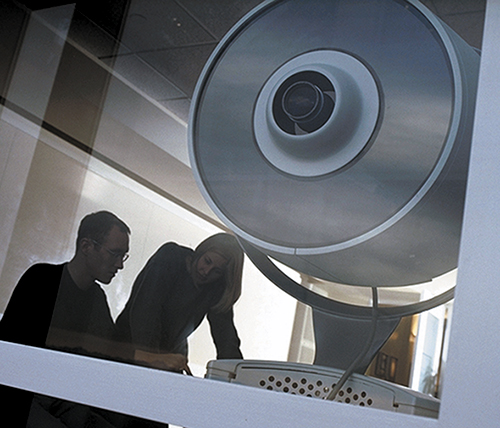
The system unit is easily mounted near an office window and has the ability to beam safe, low-power, invisible data to anywhere in the service area at astonishingly fast gigabits-per-second speeds.

Terabeam’s Fiberless Optical™ Network transmits broadband data from office buildings to the nation’s wide-area networks (WANs) through the air.




